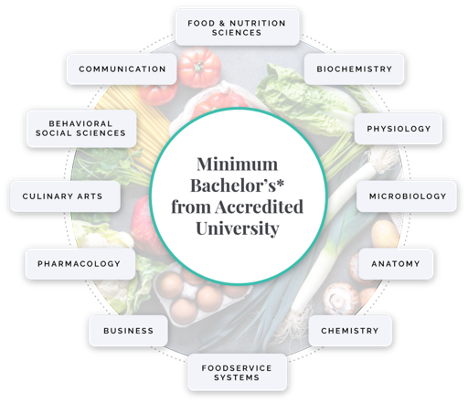Many of us operating in the school nutrition arena know that every March is a time to celebrate National Nutrition Month. Many are less aware that we also nationally observe Registered Dietitian Nutritionist (RDN) Day annually on the second Wednesday thereof.
Here at i3, we recognize and appreciate the invaluable skill set held by these professionals. As you know, we’re K-12 people who make helpful software for schools, including school nutrition program management. While our expertise is software and support driven, we regularly consult with a registered dietitian nutritionist for his dietetic proficiency and aptitude for school nutrition program management.
So, thank you to Matt, our dietitian, and the other nearly 120,000 nutrition experts nationwide. We appreciate all of you for your vital resource within the school nutrition arena and far beyond.
What It Takes to be an RDN
The pathway to becoming an RDN is not for the faint of heart. A Bachelor’s from an accredited college or university in nutrition and dietetics, encompassing a mind-boggling competency-based curriculum (FIGURE 1 REFERENCE). While nearly half of all current dietitians have advanced degrees, effective 2024, a minimum Master’s degree will be required to take the credentialing exam. Before sitting for that exam, a rigorous supervised practice/experience must be completed. After all this is said and done, RDNs must complete at least 75 hours of continuing education every five-year cycle.
*Effective January 1, 2024, a master’s degree will be required to take the Commission on Dietetic Registration RDN credentialing exam.
Where They Work
With such extensive education and training, it’s not surprising that those nearly 120,000 professionals find themselves serving many fields, such as clinical, community/social, counseling, and foodservice management settings (FIGURE 2 REFERENCE). In fact, 5% report working directly within school nutrition, and many more in the local, state, and federal government agencies involved.
Is it “Dietitian?” “Nutritionist?” Both?
With persistent confusion, it’s important to note the credentials these professionals carry. The term dietitian is largely protected by state law, meaning you must meet the above-detailed criteria to use that credential, as it is with other healthcare professionals. In recent years, dietitians have also adopted the additional term nutritionist to better identify themselves to the public. If you see the dietitian title or RDN after the name, you can rest assured that person has verifiable education and experience, as well as a credible credential.
Let it be said, all dietitians are nutritionists, but not all nutritionists are dietitians.
A National Day of Recognition
As Dr. Sara Bleich, Director of Nutrition Security and Health Equity (Food and Nutrition Service, USDA), has said, “As USDA observes Registered Dietitian Nutritionist Day, we recognize the vital role these professionals have in guiding those they serve towards preparing more nutritious meals and living healthier lifestyles.”
While all of you deserve to be recognized far more often than once a year, on behalf of i3 Education, Happy RDN Day! If you’re not an RDN, please share this story to let the dietitians in your life know just how much they are appreciated.


